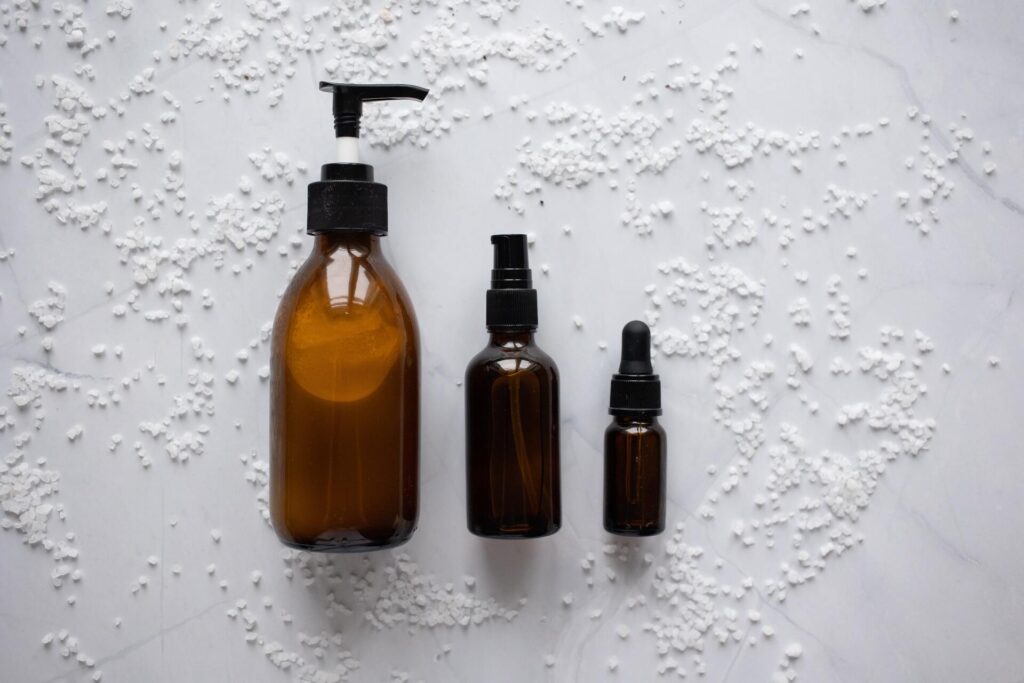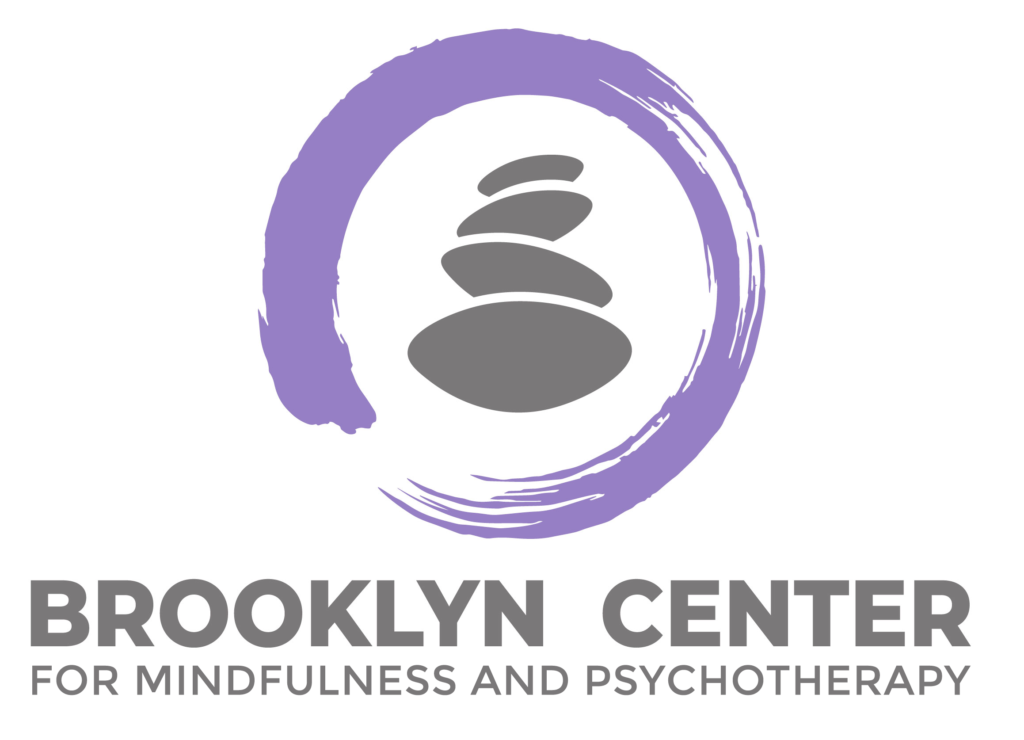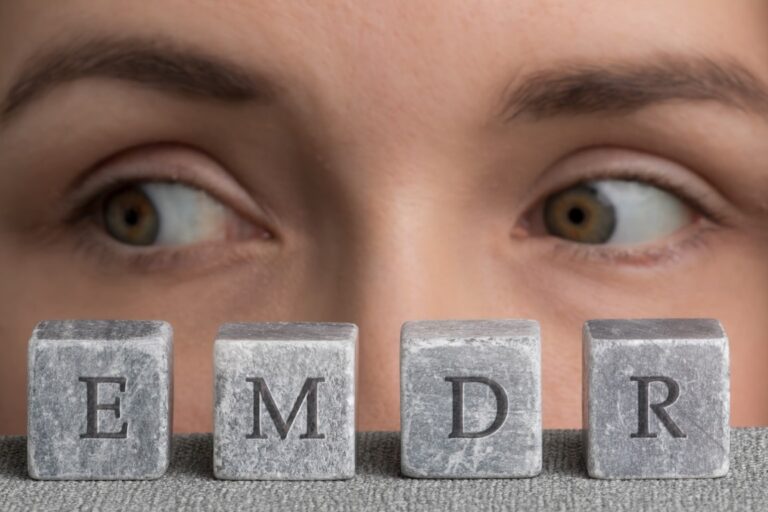Welcome to our blog, where we aim to shed light on an important topic that affects countless individuals in New York and beyond substance abuse. Navigating the challenges of addiction can be overwhelming, but seeking professional help is a crucial step toward recovery. In this article, we will explore the available resources and support systems in New York that can assist you or your loved ones in their journey toward a healthier, substance-free life. Whether you are personally struggling or looking for information to help someone you care about, we hope to provide guidance and encouragement in your pursuit of a brighter future.
Understanding Substance Abuse
Substance abuse is a complex issue that affects individuals and communities throughout New York. It refers to the harmful use of drugs or alcohol, which can lead to physical and mental health problems and social and economic consequences. New York has seen increased substance abuse rates in recent years, particularly with opioids such as heroin and prescription painkillers.
To address this issue, the state has implemented several initiatives to prevent substance abuse and provide treatment for those struggling with addiction. These include public education campaigns, community-based prevention programs, and expanded access to medication-assisted treatment. Additionally, the state has taken steps to crack down on illegal drug trafficking and prescription drug misuse. While there is still much work to be done in addressing substance abuse in New York, these efforts represent an essential step towards creating a healthier and more resilient state for all residents.
What are the Signs and Symptoms of Substance Abuse?
The signs and symptoms of substance abuse can vary depending on the specific substance being abused and the individual involved. However, here are some common signs and symptoms of substance abuse that may be observed in New York or any other location:
Physical symptoms:
- Bloodshot or glazed eyes
- Dilated or constricted pupils
- Changes in appetite and weight loss or gain
- Insomnia or excessive sleepiness
- Tremors or shaky hands
- Impaired coordination or unsteady gait
Behavioral changes:
- Increased secrecy or withdrawal from family and friends
- Sudden changes in social groups or loss of interest in previously enjoyed activities
- Lying or being deceptive about whereabouts or activities
- Unexplained financial problems or frequent borrowing of money
- Decreased motivation or performance at work or school
- Neglecting responsibilities and obligations
Psychological symptoms:
- Mood swings and irritability
- Anxiety, restlessness, or paranoia
- Depression or frequent sadness
- Poor concentration or memory problems
- Impaired judgment or decision-making
- Increased risk-taking behaviors
Health issues:
- Frequent illnesses or infections
- Chronic fatigue or lack of energy
- Unexplained aches and pains
- Respiratory problems (e.g., cough, wheezing) for those who smoke or inhale substances
- Changes in sleep patterns or insomnia
It’s important to note that these signs and symptoms may indicate substance abuse, but they do not necessarily confirm it. Suppose you suspect someone may be struggling with substance abuse. In that case, it is recommended to encourage them to seek professional help from a healthcare provider or addiction specialist who can adequately assess and provide appropriate support and treatment.
Assessing Substance Abuse
Substance abuse is a severe problem that affects many people in New York. To assess the extent of this issue, data is collected from various sources such as hospitals, treatment centers, law enforcement agencies, and surveys of the general population. This information is then used to determine the prevalence of drug and alcohol abuse in different regions and demographics.
According to recent data, opioid abuse has been a significant problem in New York City in recent years. The number of overdose deaths involving opioids has increased significantly since 2010, with fentanyl being one of the main culprits. In addition to opioids, there has also been an increase in methamphetamine usage and cocaine-related deaths across the state.
Various initiatives have been implemented throughout the state to address this issue to provide education, prevention, and treatment options for those struggling with substance abuse. These initiatives include increased access to naloxone (a medication used to reverse opioid overdoses), expanded medication-assisted treatment programs, and increased substance abuse prevention and recovery services funding.
Assessing substance abuse in New York requires collaboration between various organizations and agencies to gather data and implement effective solutions. It is essential to continue monitoring trends and adapting strategies to reduce the harm caused by drug and alcohol abuse in the state.
Treating Substance Abuse
Substance abuse is a growing problem in New York, with addiction affecting people of all ages and backgrounds. Fortunately, there are many resources available for those seeking treatment. One option is outpatient treatment, which allows patients to receive care while continuing to live at home and go about their daily lives. Outpatient programs typically involve counseling, group therapy, and other forms of support to help patients overcome their addictions.

Another option for treating substance abuse in New York is residential treatment. This type of program involves living at an addiction treatment facility. Patients receive intensive therapy and support in a structured environment promoting recovery. Residential treatment can be particularly effective for those with severe or long-standing addictions.
In addition to traditional treatment options, many alternative approaches are available for treating substance abuse in New York. These may include holistic therapies such as meditation, yoga, and acupuncture, as well as alternative forms of medicine like herbal remedies or nutritional supplements. When seeking treatment for substance abuse, it’s essential to explore all your options and find the best approach for you.
Why is Seeking Professional Help Important for Those Struggling With Substance Abuse?
Seeking professional help is crucial for individuals struggling with substance abuse in New York, as it is in any other location. Here are some reasons why:
- Expertise and Experience: Professional help provides access to trained and experienced addiction specialists, therapists, and counselors with specific knowledge and expertise in substance abuse. They understand the complexities of addiction and can offer practical strategies and treatments based on evidence-based practices.
- Proper Assessment and Diagnosis: Professionals can conduct a thorough assessment to determine the severity of the substance abuse problem, identify any co-occurring mental health disorders, and evaluate individual needs. This assessment helps tailor a personalized treatment plan to address the specific challenges of the person seeking help.
- Access to a Range of Treatment Options: Seeking professional help opens doors to a wide range of treatment options. These may include inpatient or outpatient rehabilitation programs, detoxification services, counseling, therapy (individual or group), medication-assisted treatment (MAT), and other evidence-based interventions. Professionals can guide individuals through the available options and help them choose the most suitable approach.
- Monitoring and Accountability: Professionals can provide ongoing monitoring and support throughout recovery. Regular therapy sessions and check-ins can help individuals stay accountable, manage cravings, navigate challenges, and maintain motivation. This level of support dramatically increases the chances of successful recovery.
- Addressing Underlying Issues: Substance abuse often co-occurs with mental health issues such as depression, anxiety, trauma, or personality disorders. Professional help ensures that these underlying issues are addressed adequately alongside addiction treatment. Integrated treatment approaches simultaneously focus on treating addiction and any co-occurring disorders, leading to more comprehensive and lasting recovery outcomes.
- Peer Support and Community: Professional help can connect individuals to support groups and recovery communities, such as Alcoholics Anonymous (AA) or Narcotics Anonymous (NA), where they can find solidarity and learn from others who have faced similar struggles. These groups provide a sense of belonging, encouragement, and ongoing support even after formal treatment has ended.
- Relapse Prevention Strategies: Professionals can help individuals develop effective relapse prevention strategies. They provide tools and coping mechanisms to navigate triggers and high-risk situations, identify warning signs, and manage cravings. Learning these skills from experienced professionals can significantly reduce the risk of relapse and enhance long-term recovery.
- Legal and Financial Implications: In New York, seeking professional help for substance abuse can have legal and financial implications. Accessing treatment through reputable professionals and facilities can ensure compliance with legal requirements, such as court-ordered treatment programs or workplace policies. Additionally, professionals can guide insurance coverage, financial assistance programs, or other resources to make treatment more affordable.

How Can Substance Abuse Be Prevented?
Substance abuse is a significant public health issue in New York, and prevention efforts are crucial in reducing the harm caused by drug and alcohol use. One practical approach to preventing substance abuse is through education and awareness campaigns. These campaigns can provide information on the risks associated with substance use and resources for those struggling with addiction. By educating individuals about the dangers of substance abuse and promoting healthy alternatives, these campaigns can help prevent drug and alcohol use before it starts.
Another critical factor in preventing substance abuse is community involvement. Community-based prevention programs can unite individuals, families, schools, and other organizations to address substance abuse collaboratively. These programs can include after-school programs, mentoring initiatives, and community events promoting healthy lifestyles and positive role models. By engaging communities in prevention efforts, we can build more robust support networks for those at risk of substance abuse and create a culture that values healthy choices.
Conclusion
In conclusion, seeking professional help is crucial for a successful recovery journey when it comes to navigating the challenges of substance abuse. At Brooklyn Mindful in New York, individuals can find the support and guidance they need to overcome addiction and regain control of their lives. Brooklyn Mindful’s team of compassionate experts offers evidence-based therapies, personalized treatment plans, and a nurturing environment to facilitate healing and growth. If you or someone you know is struggling with substance abuse, don’t hesitate to reach out to Brooklyn Mindful and take the first step towards a brighter, healthier future.




